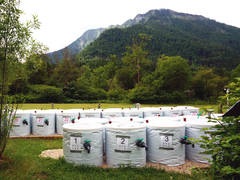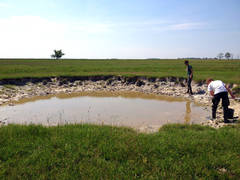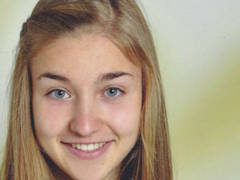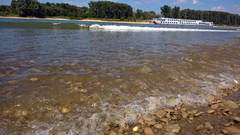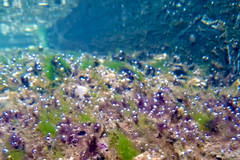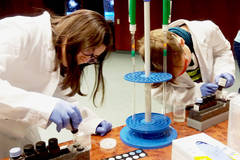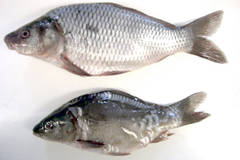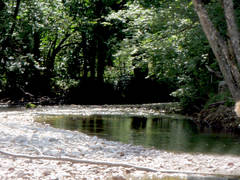Lakes, rivers, estuaries and oceans are closely connected. Despite this, aquatic research is still divided in marine and freshwater sciences. Now scientists from 21 leading research institutes and universities and two enterprises from 12 countries across Europe - among them WasserCluster Lunz - aim to change this and have joined forces in the project “AQUACOSM - Network of Leading European AQUAtic MesoCOSM Facilities Connecting Mountains to Oceans from the Arctic to the Mediterranean”.
WasserCluster researcher Csaba Vad investigated the diversity of animals in bomb craters from World War 2. He found out, that they are a home to rare and vulnerable animals. This results were in the headlines from newscientist.com to natureworldnews.com.
Our intern Isabell Aigner got an award for her internship report from the Austrian Research Promotion Agency (FFG) and the ministry BMVIT. Together with her internship tutor, our technical assistant Beate Pitzl, he was invited at the award ceremony in the Urania Vienna.
Periphytic algae are in the focus of Elisabeth Bondar-Kunzes PhD-thesis. Periphytic algae can be expected to reflect short-term impacts and sudden changes and disturbances in the environment additionally to long-term changes. Periphyton can play an important role for biogeochemical processes in riverine ecosystems and has a rapid reproduction rate and very short life cycles. Elisabeth Bondar-Kunze successfully finished her thesis with the title “The effect of different hydrological alterations on periphyton development in riverine ecosystems” supervised by Thomas Hein in April.
In March the new FWF project FLASHMOB “Fluxes Affected by Stream Hydrophytes: Modelling Of Biogeochemistry” started. It is a project of working group BioFrames in cooperation with the University of Antwerp and it will last until 2020.
In the course of the programme Österreich forscht the so called Citizen Science Day took place in the Natural History Museum Vienna. Activities from all over Austria were presented.
WasserCluster presented current research, at our desk the mostly young visitors had the possibility to investigate water samples. Basis was the Citizen Science project „Wasser schafft“, which is a cooperation between WasserCluster and schools.
Sebastian Schultz successfully defended his PhD last week (Feb 17, 2017) at the University of Vienna. In his research he tested how fish feeds of different dietary composition affected biomass accrual, lipid and fatty acid composition, and methyl mercury bioaccumulation in Common Carp in aquaculture ponds of Lower Austria. Sebastian's research was conducted in the research group LIPTOX and supported by the Austrian Science Fund project L516-B17. Congratulations!
EcoCatch - Stream Ecology and Catchment Biogeochemistry - is the new group name of the former working group BERG. Since Jakob Schelker took over the lead of the group from Tom Battin two years ago, the focus has shifted towards investigating the importance of soil-stream connectivity and in-stream processing for landscape biogeochemistry. Main research topics of EcoCatch are biogeochemistry, stream ecology, microbial ecology and biodiversity of streams, cycling of carbon, nutrients and metals.




